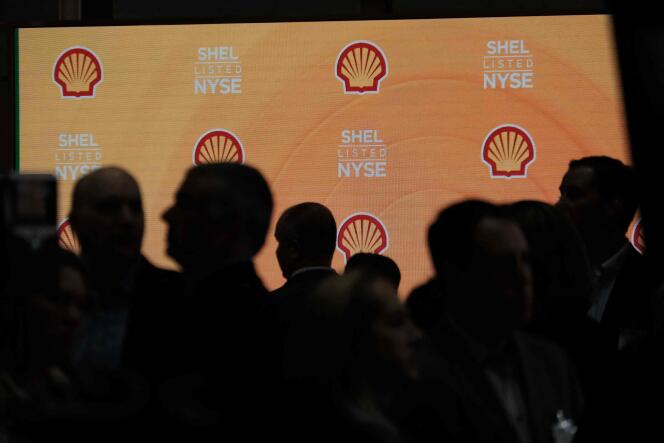
As in music, investment is a matter of rhythm. You have to choose the right tempo. If I don’t spend enough, I’m overwhelmed; if I spend too much, I am ruined. But it is also a bet on the future. Should I sacrifice the secure present for the benefit of an uncertain future?
This double dilemma arises as soon as we talk about the climate transition. In a famous speech in September 2015, the former Governor of the Bank of England, Mark Carney, summed up this paradox with the term “tragedy of horizons”. Tankers are caught in this time trap.
Witness, the Shell company which, Wednesday June 14, presented its prospects in front of the analysts gathered in New York. To seduce Wall Street, which values American oil companies much better than European ones, the boss of the Dutch company, Wael Sawan, has promised dividends increased by 15% and more share buybacks to raise the value of the company. Combined with a savings plan of 2.7 billion euros and a reduction in investments, this is a good way to focus on the present in the future.
Profitability to be stronger tomorrow
Wael Sawan justifies it by the need to gain profitability in order to be stronger tomorrow. Thanks to my profits today, earned on oil, tomorrow I will be able to get rid of it more easily. “The only way to attract the $4 trillion to $5 trillion you need each year in infrastructure that will enable the transition is to create returns that attract capital”Sawan said.
This speech does not pass with environmentalists who note the fact that with these new objectives the company is not on track to limit global warming. This is the tragedy of horizons. The disaster is too far away for it to push to take risks. The company ensures to increase its investments in alternative energies, bringing them to more than ten billion euros over the period 2023-2025. But, at the same time, it will invest four times more in oil to maintain its profitability.
The reasoning holds. Excessive excessive spending now can, in the long term, destabilize the company and therefore its means of acting to get out of oil. But, between too much and not enough, which draws the path to a successful climate transition, Shell has chosen not to look too much at the horizon.



